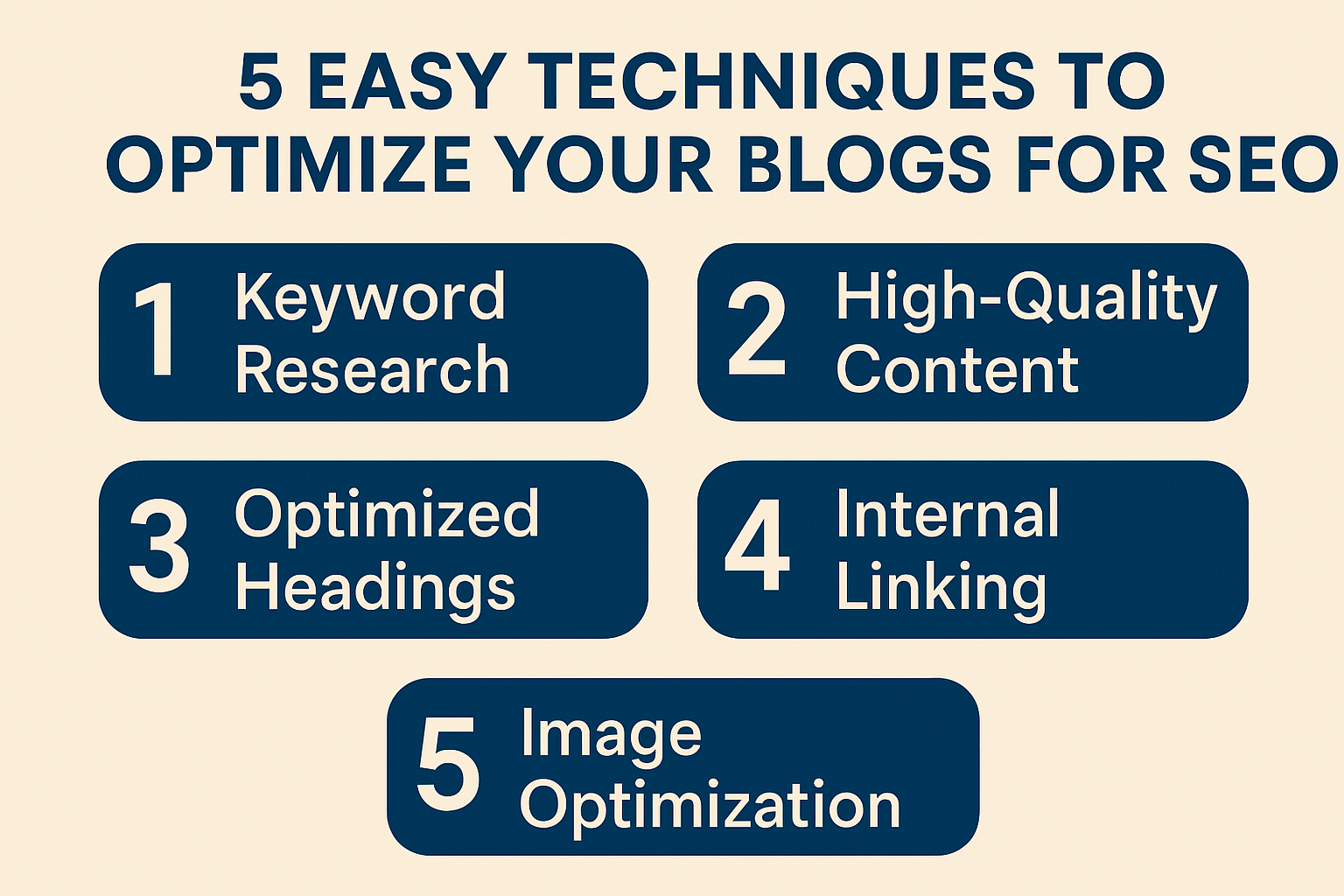Psychiatry Web Design & SEO
How OHS Publishing’s Web Design Kansas City Team Can Help Psychiatrists Attract More Patients
In today’s digital age, having a strong online presence is crucial for psychiatrists looking to attract more patients. OHS Publishing’s Web Design Kansas City team understands the unique challenges faced by mental health professionals and offers tailored solutions to help them stand out. By creating user-friendly websites and leveraging SEO services, we ensure that your practice can connect with those seeking mental health support. Our expertise in creative web development and online marketing allows us to craft visually appealing and functional websites that resonate with prospective patients. Let us guide you in building a digital gateway that opens new opportunities to expand your practice’s reach and impact. #MentalHealthMatters #WebDesignKansasCity
Building a Strong Online Presence
In the digital era, a robust online presence is essential for psychiatrists to connect with potential patients. This section explores the key elements that contribute to a powerful digital footprint.
Importance of User-friendly Websites
User-friendly websites are crucial for psychiatrists to establish a strong online presence. These sites help potential patients find information easily and make informed decisions about their mental health care.
A well-designed website should have straightforward navigation, fast loading times, and mobile responsiveness. These features ensure that visitors can access the information they need, regardless of the device they’re using.
OHS Publishing’s Kansas City web design team understands the importance of creating websites that are both visually appealing and easy to use. By focusing on user experience, psychiatrists can make a positive first impression and encourage potential patients to explore their services further.
Creative Web Development Strategies
Creative web development strategies can set a psychiatrist’s website apart from the competition. These strategies focus on unique design elements and innovative functionality to create a memorable online experience.
One practical approach is to incorporate interactive elements, such as mental health assessment tools or virtual tour features. These additions can engage visitors and provide valuable information about the practice.
Another strategy is to use storytelling techniques throughout the website. This can include patient testimonials, case studies, or a compelling “About Us” page that highlights the psychiatrist’s expertise and approach to mental health care.
Role of SEO Services
SEO services play a vital role in improving a psychiatrist’s online visibility. By optimizing website content and structure, SEO helps practices rank higher in search engine results pages (SERPs).
Effective SEO strategies include keyword research, on-page optimization, and creating high-quality, relevant content. These tactics help search engines understand the website’s purpose and relevance to potential patients’ queries.
Local SEO is crucial for psychiatrists, as many patients seek mental health services in their immediate area. Optimizing for local search terms and maintaining accurate business listings can significantly boost visibility in local search results.
Engaging Design for Psychiatrists
Creating an engaging design for psychiatrists’ websites requires a deep understanding of the unique needs of mental health professionals and their patients. This section delves into the key aspects of crafting a compelling online presence.
Tailoring Websites for Mental Health Professionals
Tailoring websites for mental health professionals involves creating a digital space that reflects the unique nature of psychiatric care. This approach ensures that the website resonates with potential patients seeking mental health support.
One crucial aspect is to create a calming and reassuring online environment. This can be achieved through the use of soothing color schemes, clean layouts, and imagery that conveys a sense of comfort and professionalism.
Mental health digital marketing experts emphasize the importance of clear communication about services, treatment approaches, and privacy policies. This transparency helps build trust with potential patients from their first interaction with the website.
Visual Appeal and Functionality
Visual appeal and functionality go hand in hand when designing websites for psychiatrists. A visually appealing site captures attention, while functionality ensures that visitors can easily find the information they need.
Incorporating high-quality images, such as photos of the practice or the psychiatrist, can help personalize the website and make it more relatable. Infographics or illustrations can also be used to explain complex mental health concepts in an accessible way.
Functionality should focus on intuitive navigation and clear calls-to-action. Features like online appointment booking, contact forms, and resource libraries can enhance the user experience and provide value to potential patients.
Attracting Potential Patients
Attracting potential patients through a website requires a strategic approach that combines informative content with compelling design elements. The goal is to create a digital space that instills confidence and encourages action.
One effective tactic is to showcase the psychiatrist’s expertise through blog posts, articles, or video content addressing common mental health concerns. This positions the practitioner as a knowledgeable and trustworthy resource.
Another important aspect is to highlight patient success stories or testimonials while maintaining confidentiality. These real-life experiences can help potential patients envision positive outcomes from seeking treatment.
Leveraging Kansas City Expertise
Tapping into local expertise can give psychiatrists a competitive edge in their online presence. This section explores how Kansas City’s web design professionals can contribute to a practice’s digital success.
Local Web Design Kansas City Team
A local Web Design Kansas City team brings valuable insights into the community’s needs and preferences. This local knowledge can be instrumental in creating websites that resonate with the target audience.
KC Web Specialists understand the unique challenges and opportunities in the Kansas City market. They can incorporate local elements into the website design, making it more relatable to potential patients in the area.
Working with a local team also facilitates better communication and collaboration. Face-to-face meetings and a shared understanding of the local context can lead to more effective and tailored web design solutions.
Experience in Graphic Content Creation
Experience in graphic content creation is a crucial asset for web designers working with psychiatrists. Skilled graphic designers can create visual elements that effectively communicate complex mental health concepts.
Custom illustrations or infographics can help explain treatment processes, brain functions, or the impact of various mental health conditions. These visual aids can make the website more engaging and informative for visitors.
Professional photography and video production can also enhance the website’s appeal. High-quality images of the practice, staff, and facilities can help potential patients feel more comfortable and familiar with the environment before their first visit.
Connecting with the Community
Connecting with the community through a website is essential for psychiatrists looking to establish a strong local presence. A well-designed site can serve as a bridge between the practice and the Kansas City community.
Featuring local events, support groups, or mental health resources on the website can demonstrate the psychiatrist’s commitment to community well-being. This can help build trust and credibility with potential patients.
Incorporating local testimonials or success stories (with appropriate privacy measures) can also help potential patients relate to the practice on a more personal level. This local connection can be a decisive factor in a patient’s decision to seek treatment.
Expanding Reach with Online Marketing
Online marketing is a powerful tool for psychiatrists to expand their reach and attract more patients. This section explores practical strategies for leveraging digital marketing in the mental health field.
Effective Strategies for Psychiatrists
Effective online marketing strategies for psychiatrists focus on building trust, providing value, and reaching the right audience. These approaches help practices stand out in a competitive digital landscape.
Content marketing is a key strategy, involving the creation and distribution of valuable, relevant content to attract and engage a target audience. This can include blog posts, articles, or videos addressing common mental health concerns or treatment options.
Social media marketing can also be effective, allowing psychiatrists to share insights, engage with the community, and showcase their expertise. Platforms like LinkedIn or Facebook can be beneficial for reaching potential patients and referring professionals.
Reaching a Wider Audience
Reaching a wider audience requires a multi-faceted approach that combines various online marketing techniques. This strategy helps psychiatrists connect with diverse groups of potential patients.
Pay-per-click (PPC) advertising can be an effective way to reach people actively searching for mental health services. Targeted ads on search engines or social media platforms can drive traffic to the website and generate leads.
Email marketing is another powerful tool for reaching a wider audience. By building an email list and sending regular newsletters with valuable mental health information, psychiatrists can stay connected with potential and current patients.
Tracking and Improving Performance
Tracking and improving performance is crucial for the success of online marketing efforts. This process involves analyzing data and making informed decisions to optimize marketing strategies.
Web analytics tools can provide valuable insights into website traffic, user behavior, and conversion rates. This data can help identify areas for improvement and guide future marketing decisions.
A/B testing different elements of the website or marketing materials can help determine what resonates best with the target audience. This iterative process of testing and refining can lead to continuous improvement in marketing performance.
Custom Solutions for Your Practice
Every psychiatric practice is unique, requiring tailored web design and marketing solutions. This section explores how custom approaches can enhance a practice’s online presence and patient engagement.
Meeting Unique Requirements
Meeting unique requirements is essential when designing websites for psychiatrists. Each practice has its specialties, treatment approaches, and patient demographics that should be reflected in its online presence.
Custom web design allows for the incorporation of specific features that align with the practice’s needs. This might include specialized intake forms, secure patient portals, or resources tailored to the practice’s focus areas.
Branding elements, such as color schemes, logos, and messaging, can be seamlessly integrated into the website design. This consistency helps reinforce the practice’s identity and values across all digital touchpoints.
Ensuring Ease of Use
Ensuring ease of use is crucial for creating a positive user experience on a psychiatrist’s website. A user-friendly site can make the difference between a potential patient reaching out or looking elsewhere for care.
Intuitive navigation is key to ease of use. Clear menu structures, logical page layouts, and easily accessible contact information help visitors find what they need quickly and effortlessly.
Mobile responsiveness is also essential, as many people search for health information on their smartphones. A website that functions well on all devices ensures that potential patients can access information anytime, anywhere.
Building Trust with Patients
Building trust with patients through a website is a critical goal for psychiatrists. The digital presence often serves as the first point of contact, setting the tone for the patient-provider relationship.
Transparency is key to building trust. Clear information about qualifications, treatment approaches, and privacy policies can help potential patients feel more comfortable about seeking care.
Incorporating elements like staff bios, virtual office tours, or FAQ sections can help humanize the practice and address common concerns. These features can help potential patients feel more at ease and confident in their choice of mental health provider.












